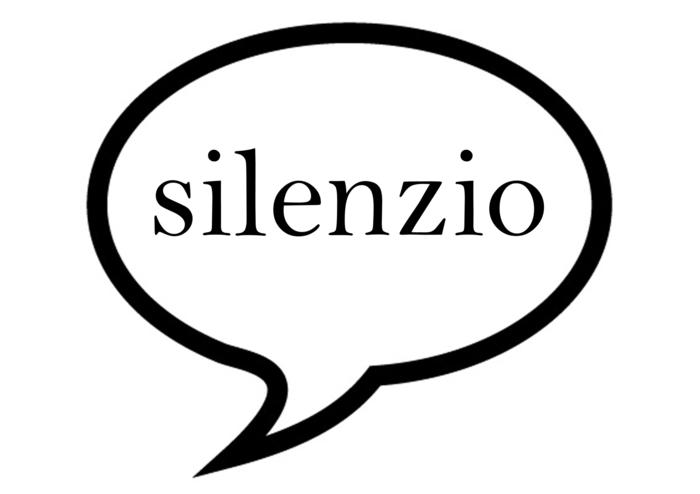Much has been said and written about Mario Draghi's speech to the Chambers and the words he chose to address the representatives of the citizens and all of Italy.
But, as Miles Davis said about music, the notes actually serve to frame the silence.
And also the well-known song, entitled Silence or better still The Touch of Silence, whose origin is shrouded in legend but placed with certainty in the second half of the nineteenth century during the American Civil War, is nothing more than the attempt to bring out the silence, the recollection of very few notes played on the trumpet.
Listen to "Word of the week: silence (by Massimo Sebastiani)" on Spreaker.
And in fact, beyond the words, albeit important and dryly sculpted by the Prime Minister, what seemed to count the most is the silence that preceded them and that, in all probability, will follow them.
The pauses (like the musical ones, not like those of Celentano), the silences that precede the communication of real facts, of accomplished things, already are, and could continue to be, the distinctive feature of the new government of national unity or salvation.
Refreshing purification after decades of talk and social chatter or an excess of soft confidentiality that wants to hide the mechanisms and actions of power?
Does silence serve to preserve industriousness or to protect secrets?
Mario Draghi knows exactly what we are talking about.
He studied under those Jesuits who a few years ago organized a three-day event entitled Silence and word in memory of Carlo Maria Martini, archbishop of Milan, who said he had learned the meaning of dedication from the Jesuits.
And the film that Martin Scorsese dedicated in 2016 to the odyssey of two young Portuguese Jesuits in Japan is called Silence, in this case the silence through which God himself speaks.
And the word silence is second only to a few others, such as love and happiness, for the number of more or less famous, more or less illuminating quotations, which can be found on the net or in manuals.
From the definitive and gravestone of the conclusion of Shakespeare's Hamlet ('The rest is silence' whispers the prince of Denmark: and he is speaking of his death of course but the tragedy is also a drama on the legitimation of I often choose silence to say the most important things').
Not to mention one of the most popular expressions for some years: deafening silence, a good oxymoron for any situation in which you want to emphasize that a lack of intervention, an absence, an emptiness, an abstention make more noise than many words.
In short, silence speaks, and this, like many paradoxes, is only an apparent contradiction.
On the other hand, paradox does not mean absurdity but, from the Greek, something that is against or better still beyond common opinion, parà doxa.
For this reason the ancient philosophy, from Zeno to the Stoics passing through the famous paradox of the liar (for which whoever says 'I lie' simultaneously says the true and the false), has made extensive use of it.
The origin of the word silence, which is another of those that remain almost identical in many languages, even coming from different stocks, is the Latin silere which means to be silent but already the Breton siul means quiet because the absence of noise coincides with calm.
There are those who emphasize that s, which is always there at the beginning, and which could be traced back to the sound sss and the gesture of the finger in front of the mouth and those who instead refer to the Indo-European root si- which means tie from which also silo that is a snare: and here silence is more a constraint than a choice and in any case it would close rather than open, as it should happen to the mind in oriental disciplines but not only.
Silence is our friend, our faithful companion even in the most difficult and absurd moments and literally has a sound.
Paul Simon told it in an unparalleled way in Sound of Silence in which among other things we talk about people who speak without saying anything and people who hear without listening.
And no one, Simon & Gurfunkel sang, dared to disturb the sound of silence

